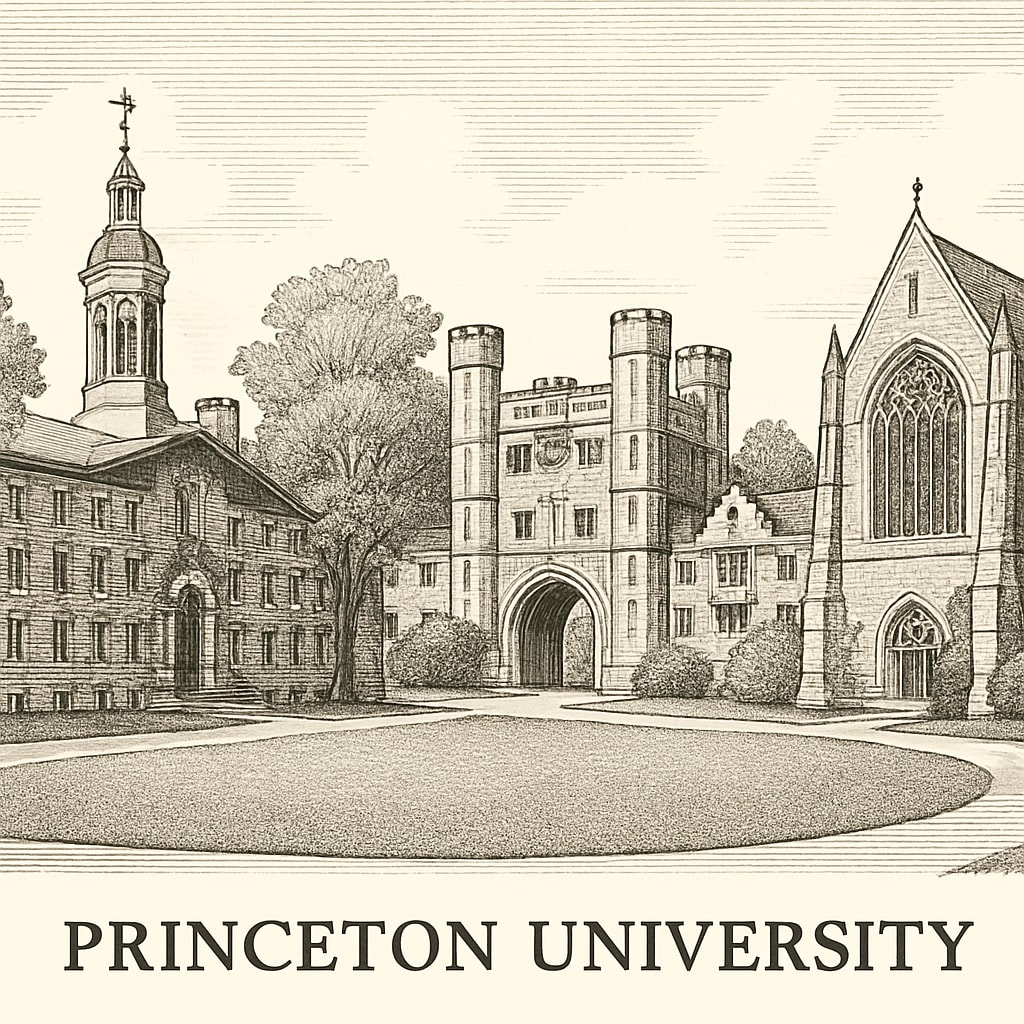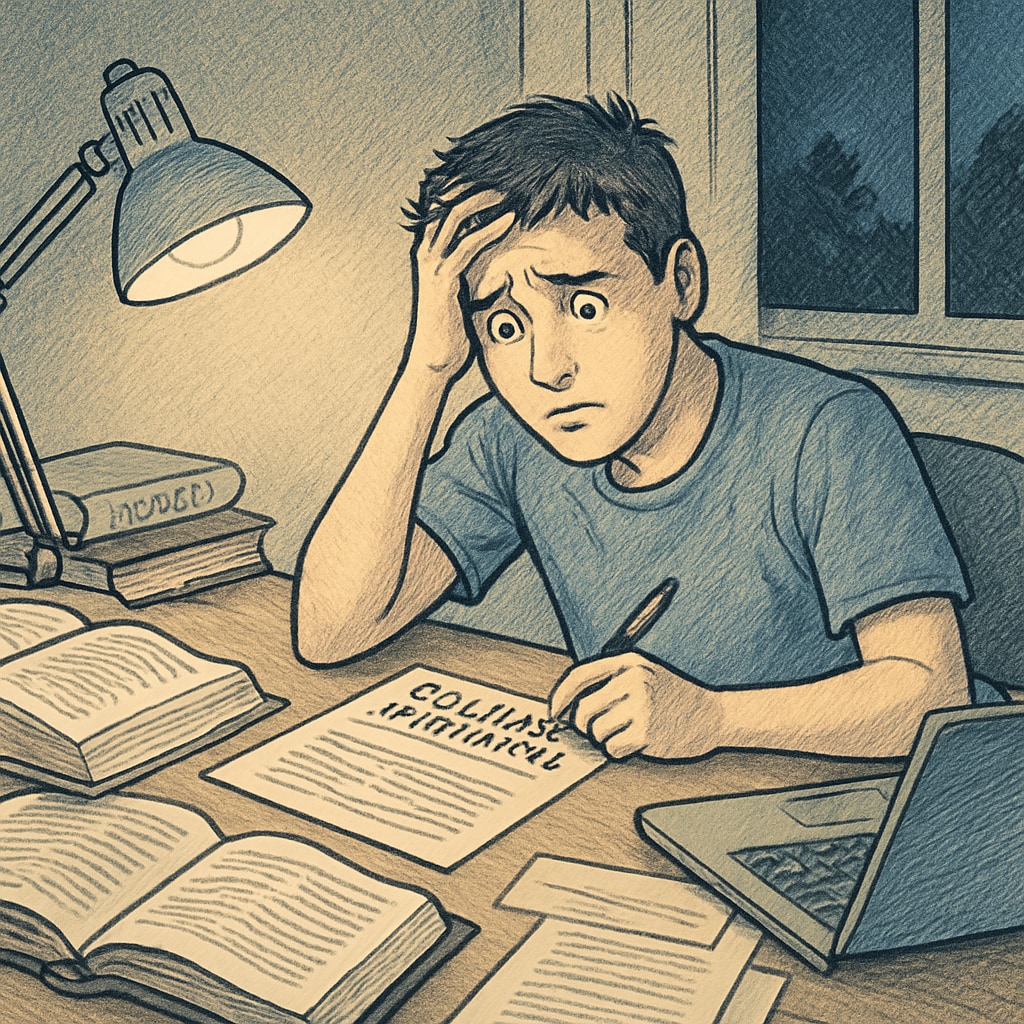The Ivy League, including renowned institutions like Princeton, has long been regarded as the pinnacle of higher education. However, their reputation often overshadows a crucial question: are these schools truly delivering unmatched educational value, or are they simply riding on a historical legacy? This article delves into the overestimation of Ivy League schools, questioning their actual impact and exploring the unintended consequences of “elite school worship” on younger students.
The Historical Halo Effect of Ivy League Schools
The Ivy League’s reputation did not arise overnight. Institutions like Princeton, Harvard, and Yale have been synonymous with academic excellence for centuries. However, much of this prestige stems from historical factors such as exclusivity, financial endowment, and alumni influence rather than a measurable superiority in education. For instance, Princeton boasts a rich history of producing notable figures, yet does this translate into a superior learning environment for all students?
Critics argue that the Ivy League’s “halo effect” often blinds society to the reality that many public universities and smaller colleges offer comparable, if not better, educational experiences. As Ivy League on Wikipedia highlights, these schools have historically benefited from privileged access to resources, which perpetuates their elite status rather than reflecting current academic practices.

Overrated or Rightfully Celebrated? Evaluating Educational Value
While Ivy League schools undoubtedly provide access to world-class professors and global networks, their educational value may not be as unparalleled as their reputation suggests. In fact, studies have shown that many students attending less celebrated institutions achieve comparable career outcomes. For example, a report by the Britannica on Ivy League suggests that success is often more dependent on individual effort and opportunities than on the institution itself.
Moreover, the hyper-focus on Ivy League admissions has created a culture of toxic competition among K-12 students. Many high schoolers prioritize resume padding over genuine learning, driven by the belief that admission to an elite institution is the only path to success. This mentality not only undermines the joy of education but also leads to high levels of stress and burnout.

The Ripple Effects on K-12 Education
The obsession with Ivy League schools has had a trickle-down effect, reshaping the landscape of K-12 education. Parents and educators often push students to excel in all areas—academics, sports, arts—creating a generation of over-scheduled and overburdened children. As a result, the focus shifts from fostering creativity and curiosity to meeting rigid admissions criteria.
Additionally, the emphasis on branding rather than fit can lead to mismatched college experiences. Students who chase the Ivy League dream without considering whether these schools align with their personal goals and learning styles may find themselves struggling to adapt. This raises the question: is the Ivy League truly worth the hype for everyone?
Rethinking the Role of Prestige in Education
To address these issues, society must shift its focus from prestige to fit. Instead of idolizing institutions like Princeton, students and parents should evaluate colleges based on factors such as academic programs, campus culture, and financial feasibility. By doing so, students are more likely to thrive in environments that align with their individual strengths and aspirations.
Furthermore, policymakers and educators need to advocate for a more holistic approach to education. Encouraging diverse paths to success—whether through community colleges, vocational training, or entrepreneurship—can help dismantle the myth that Ivy League schools are the only gateway to achievement.
In conclusion, while Ivy League schools like Princeton undoubtedly hold an important place in the history of education, their reputation may be inflated when compared to their actual impact. By critically examining the true value of elite education and its broader implications, we can pave the way for a more balanced and inclusive approach to learning.
Readability guidance: This article uses short paragraphs and lists to improve readability. It minimizes long sentences and passive voice while incorporating transitional words to ensure a smooth flow of ideas.


